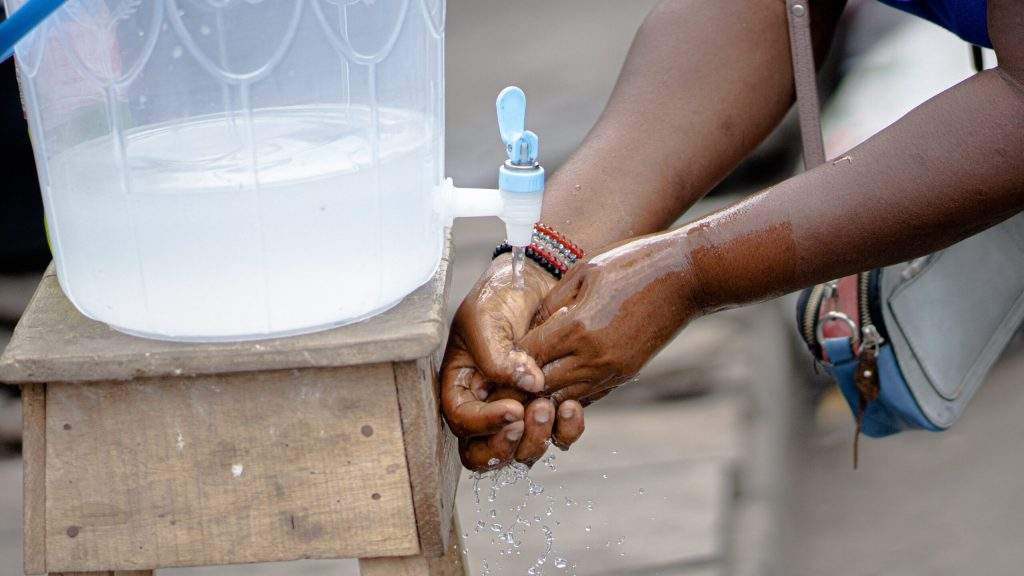

Researchers from Australia’s national research agency CSIRO claim that SARS-CoV-2 is a resilient virus that can survive for days.
The research about SARS-CoV-2 was done at the Australian Centre for Disease Preparedness (ACDP) in Geelong. Researchers did various experiments where they tested the resilience of the virus. That is, they want to determine how long the virus stays infectious on various surfaces we come into contact with.
The researchers made a combination of SARS-CoV-2 and synthetic saliva, they then sprayed it on various surfaces. These include glass, cotton, steel, paper, plastic, etc. Furthermore, they also consider various room temperatures during the experiment (20 °C, 30 °C, 40 °C).
Researchers from CSIRO claim that the SARS-CoV-2 virus can survive on certain surfaces for up to 28 days. Not only that, according to their findings, the virus survives the longest on paper banknotes.
Their findings come down to these three points:
The best way to combat the virus is with good science and relevant facts. At first, there was a lot of speculation about how long the virus can survive on non-organic surfaces. Now, the research is showing that the virus can survive for days in good conditions. With this knowledge, governments can create better prevention plans. Furthermore, they can determine which of the existing techniques have a real effect.
After these findings, we can conclude that handwashing is one of the most important prevention methods. The results show that the virus can survive up to 28 days on surfaces we use in our daily lives. That means that the best way to prevent contact infection is to avoid touching too many surfaces and to sanitize your hands regularly.
Facts About the COVID-19 Outbroke in Lombardy, Italy
Researchers Report on Antibody Discovery that may Block the SARS-Cov-2
Homemade Masks Are Very Effective in Preventing Virus Spread
New research on SARS-CoV-2 virus ‘survivability’
